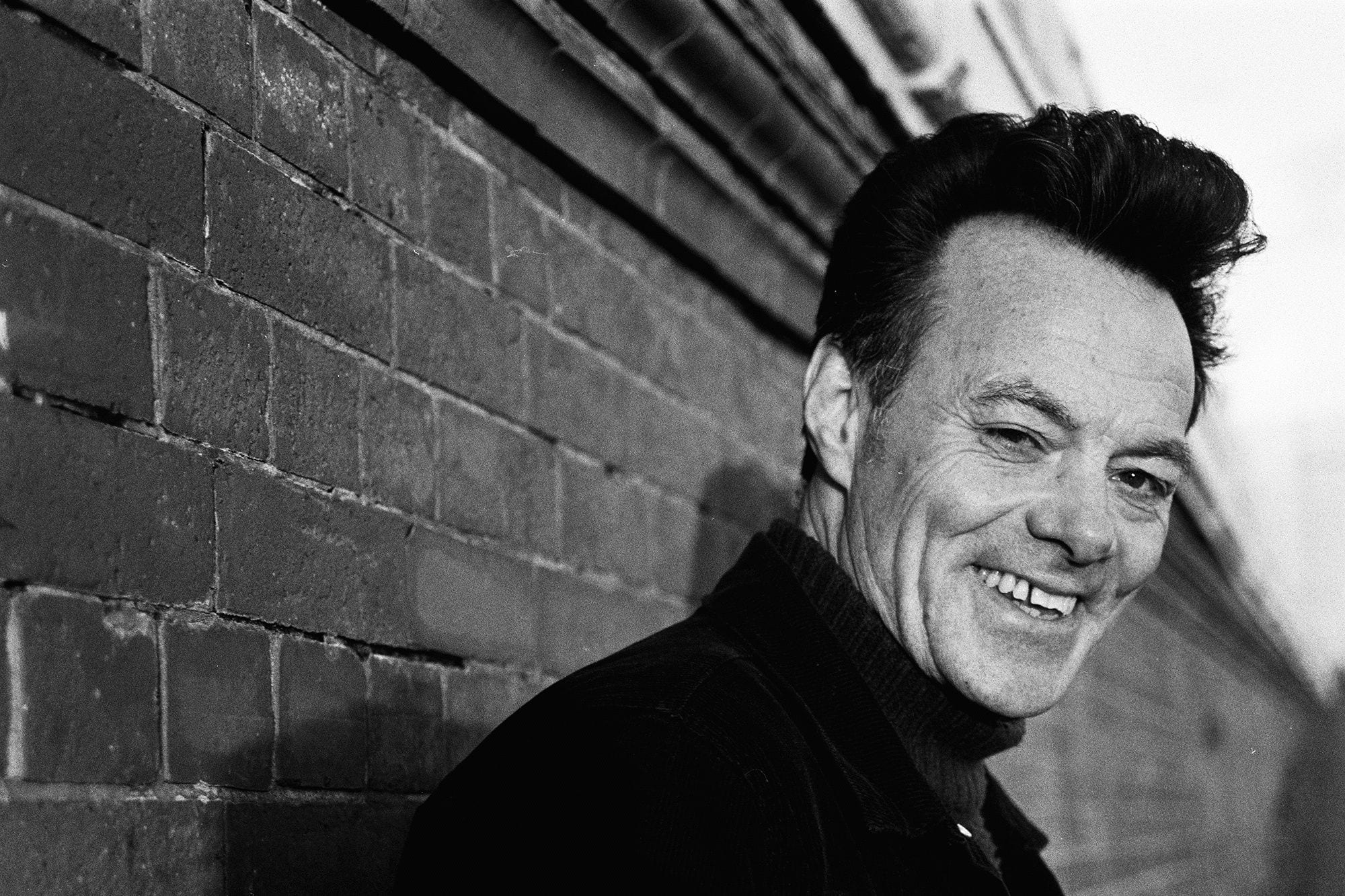
The UK’s James Hunter has made a name for himself as one of the premier practitioners of classic American soul music. His whiskey-soaked, leather throated vocals suggest the man has seen, heard, and done it all, and that these experiences have made him a better human being. The James Hunter Six players allow Hunter to lead the action as the rhythm section honks and squeals in the background over punchy drum licks. The results on the Nick of Time are consistent with the excellence of his previous recordings. That is not surprising because this is his fourth album produced by Gabriel Roth (aka Bosco Mann) of Daptone recorded on analog equipment at the label’s California studio.
That’s the good news! It’s also the one problem with the 13 songs on Nick of Time. The tracks may vary in tempo and arrangements to sound different from each other, but they are all cut from the same cloth. Hunter’s distinctive delivery blends the diverse elements of each track into a single whole. It’s like getting a berry pie and enjoying the flavor but be unable to identify the blueberries, blackberries, and red raspberries from each other. One can hear elements of 1960s R&B, electric blues, gospel, and rock in the music. Yet each component’s contribution gets melded into a composite to serve Hunter’s style. Much of this is due to the genre itself. No one would complain, for example, that all of Otis Redding’s or Sam Cooke’s music seemed the same because it always sounded like each of them.
Think of Nick of Time as a lost jukebox of singles from that bar and grill on the edge of the nostalgia highway that always has a full parking lot of semi-trucks and convertibles, beaters, and hot rods. The heterogenous patrons leave their troubles behind as they share their misery over a sad song one minute, and then get up and dance their blues away to the next song. As the title song suggests, there’s nothing like the present to make a change. One can even have a second chance at having a second chance.
“I Can Change Your Mind,” Hunter sings on another tune. His music may be uniformly first-rate, but that doesn’t mean every cut is the same. He does a fine job of addressing a variety of topics that allow him to wail about everything from being scared of flying in an airplane (“Ain’t Going Up in One of Those Things”) to crooning about the pleasures of being alone (“Paradise of One”) to the complications of romantic relationships (“Till I Hear It From You”). Each of these three songs differs from each other in terms of instrumentation and style. However, they also come off as part of a larger whole more than separate entities. No doubt, the songs would be more distinctive when performed live.
The production itself suggests a live in the studio approach with few (if any) overdubs. There is little improvisation. It’s as if each song was recorded in one take without any wrong notes or mispronounced lyrics. That casual yet controlled veneer adds to the album’s charm. It’s as of the record always existed, and one could put it on the turntable anytime one needs to boost one’s spirit. You don’t have to wait until the nick of time to hear it.

